If I have to publish this post in twitter it will simply become "Best
conference ever, thank you @pycon".
Conferences are always a good place to meet old friends or make new
ones, to meet like minded people with whom you can share your passion,
discuss technical and non technical things in the same pace. There are
few conferences where you will see work getting done in a fast pace,
PyCon was one of them. Of course we have
the extra toppings of great food, drinks and stories.
PyCon US 2013 had all of them but in much larger plates. Nine days full
of excitement, 2500+ people under one roof, 6 parallel tracks of talks,
the language summit, first ever education summit, 4 days of continuous
hacking on your favorite projects are a few things which are coming in
my mind in less than 10 seconds.
Day -1
I reached SFO around 1:20pm on 11th March. Took a cab to Ramada in Santa
Clara. This was my first USA trip and after reaching hotel I found the
place kind of empty. It was a strange feeling about not finding any
person outside cars :)
Luckily saw Douglas Napoleone's email telling volunteers already
reaching the venue. So, I just took a cab and reached venue.
In the office room I met Douglas, Noah Kantrowitz, Laurens Van Houtven,
Oskar Żabik and later Ewa Jodlowska. Started setting up the "green
room" with Douglas and had enough fun while testing each of the radio
equipments for volunteers. Met the amazing AV team, they need a special
thanks as the event reaches to many more people through their dedication
and hard work. Had dinner with others and came back to the hotel late at
night.
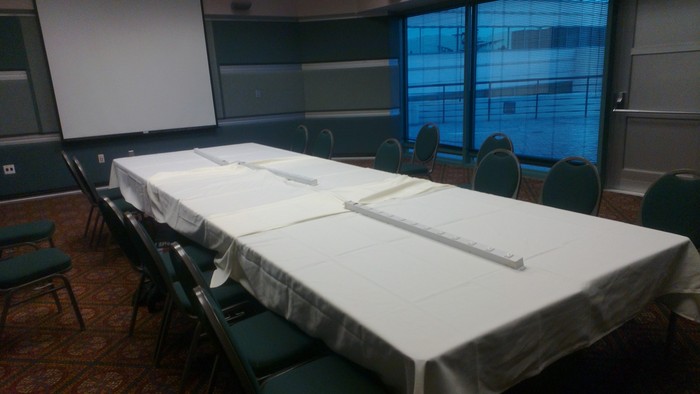
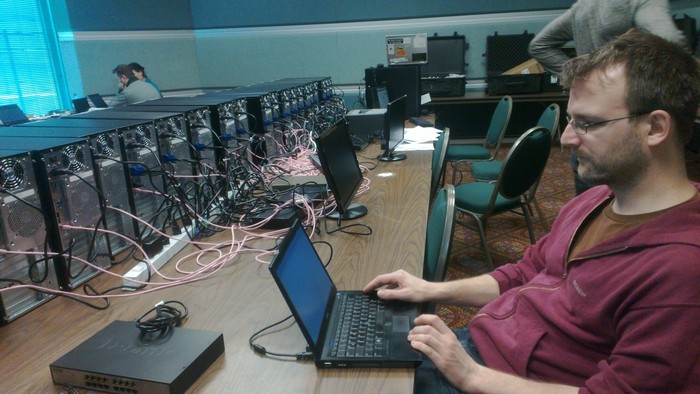
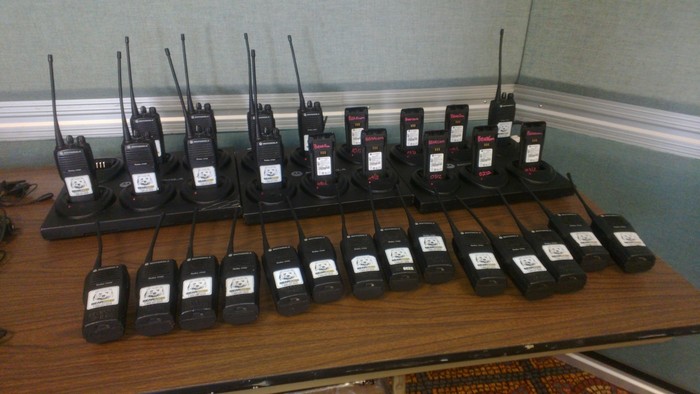

I have to mention one thing, the warm welcome I received from everyone
through out the conference. I never felt for a moment that I was there
for the first time or meeting them first time. We always talk about how
open the communities should be or how diversity should help. Trust me
when I say that the Python community at PyCon will give you the same
warm feeling which you get from your close friends or relatives. This is
just another reason to be in PyCon, be the part of the bigger family.
Day 0
Next day reached venue by 9am, through out the day many more people
started coming down. Registration was started by 3pm, so did the
needful.
By afternoon Toshio reached the venue. It is always fun to meet to
people whom you know him/her for long time and I was sure this PyCon is
going to be full with those fun moments as I will be meeting most people
for the first time face to face. Met lmacken, threebean also in the
hotel.


At nigh around 12 of us went out for dinner to a restaurant, the food
was amazing.
I came back to the hotel around midnight and found Ramki and Konark
already reached.
Day 1
Had to wake up by six so that we can get ready and reach venue by 7:30am
but reached few minutes late and straight went behind registration
desks, the queue started growing as the day progressed but it was never
too long. The custom application we were using for registration was one
of the main reason to get things done in a fast pace.
After the queue started staying empty for long, I rushed to the language
summit before it started. The details from the day is in this
post.
The young coders tutorial was going on up in the tutorials room at the
same time.





Day 2
Morning met Mark Shannon in hotel and we all shared a cab to reach
venue. After the usual registration desk work done I moved to the
education summit. During all the three panels we heard some great
success stories and discussions went on. The panels were on
"Curriculum", "Teaching" and "Engagement". I found that in dgplug summer
training we are actually executing many of the suggestions came up in
the panels.



After lunch I went in to the "Python 3 Metaprogramming" by David
Beazley. He already tweeted that brains might explode during this
tutorial and it actually did for many of us.
PyCon SWAG bag stuffing party was in the late afternoon. This is
generally a difficult task in a conference where you have high number of
people turning up. But within couple of hours we finished off 2500+ bags
and had too much fun.
In the evening there was "Opening Reception!". Alex Gaynor and myself
became the bouncers and guarded the door :p
Later at night we had the volunteers and speakers meet. Every little
steps were explained in great details.
Day 3 (first day of main conference)
Queues started becoming long in the early morning but due to great setup
of morning breakfast tables and event-bag pickup counter, it never felt
much. We managed to finish off the registration without any trouble.
Jesse Noller started the day with some exciting announcements, one of
them was about a raspberrypi for each attendee.

Next was the keynote by Eben Upton from Raspberry Pi Foundation. After
the keynote people started moving into different rooms and hallways were
also full of people.
I attended Ned Batchelder's talk on Loop like a native: while, for,
iterators, generators, and Raymond Hettinger's talk on Transforming
Code into Beautiful, Idiomatic Python and finally Mike Müller's
Functional Programming with Python. Most of the time in the day, I was
meeting people and discussing various technical aspects of different
projects. These kind of hallway tracks are of course the best part of
the conference.
At night after another awesome dinner, packaging and distibution tools
mini-summit started in room 206. The current status and future goals of
various projects including setuptools, distribute, wheels, pip,
virtualenv, zc.buildout, PyPi were discussed.





Reached hotel around 1am and just crashed.
Day 4


Woke up early. Day started with lighting talks, I spoke about retask
project, somehow I was feeling uneasy about showing only code in the
slides, strange!. Through out the day there were many fantastic talks,
more interesting discussions on hallways. Sometime in the afternoon
Tavis Rudd gave a personal
demo of
his system, completely blown away with the accuracy.
In the evening there was "Porting to Python3" session in open space. I
never had any of my modules ported to Python3. Barry Warsaw led the
session, we quickly went through the basic differences between 2 and 3
and saw some common problems people get into. I started porting
retask to Python3. Toshio introduced
me to six and by the end of session I
managed to port retask into Python3.
At night we as usual sat down in hotel bar and pool side, met many new
faces from Montreal, who will be leading the event next year.
Day 5
Reached venue around 9am and went directly to the poster session venue,
put up my poster on darkserver. Missed both the keynote sessions due to
this but people started coming in as the keynote finished.
One good thing about poster session was direct interaction with
audience. The major feedback I received during the day was the following
- Support other distributions, starting with CentOS, Debian and
Ubuntu.
- Make it easier so that people can have custom installations inside
companies.
- Provide a framework so that people can import from various sources
with much less coding.
Many devels acknowledged that becoming single source for all different
GNU_BUILD_ID(s) from the distribution is important.
In between Dave Malcolm took the charge of the explanation of the
project to the audience and we also had few pictures taken.


In the closing ceremonies Diana Clarke took the charge of running next
year's PyCon from Jesse.
Next was introduction of various sprints by the leaders. It was very
clear that the number of people attending sprints is also going to be
high. We slowly started moving things back to the sprint rooms.
Day 6 (first day of sprints)
First time managed to sleep more, till 9am, it was much required extra
sleep. We reached venue, Ramki went to PyData, me and Konark moved to
different sprint rooms.
Through out the first half all the different bugs in cpython I tried to
work on were either not-reproducible or can not be introduced in 2.x as
they were new features.
At night started discussing about retask with Maximiliano Curia, he
submitted many patches since then. Later started port rst module into
Python3.
Day 7
Finished rst porting to Python3, so now it supports both 2 and 3. Had
long discussion with Dave Malcolm on his current projects. Later he
helped me to explore more on elfutils and how to go ahead to have a
library around it so that we can bindings in different languages as
required. I also showed my work on the Python bindings to
elfutils.
Day 8
Started working on few smtplib related bugs in cpython, R. David Murray
already committed one of the patch and the other one is up for review.
His help to the new-comers was really helpful.
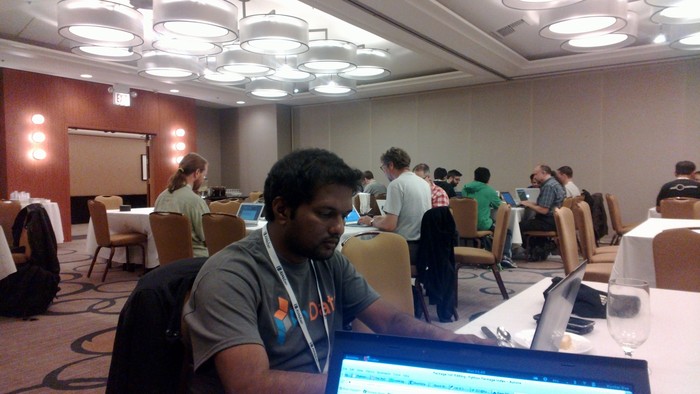
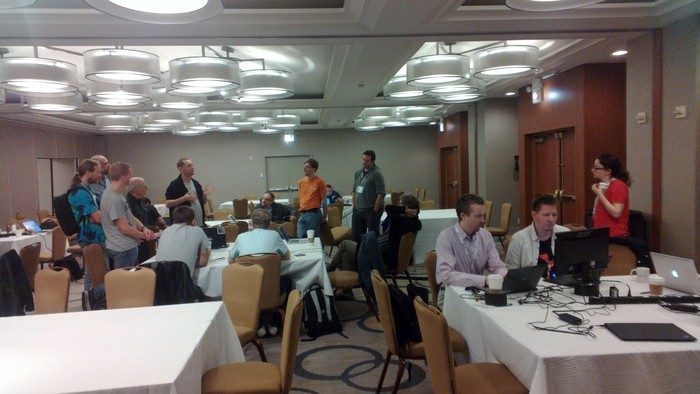 Day 9 (last day)
Day 9 (last day)
We all moved to one single space, even at the end there were around 50
people working in various projects. Met the mailman team.
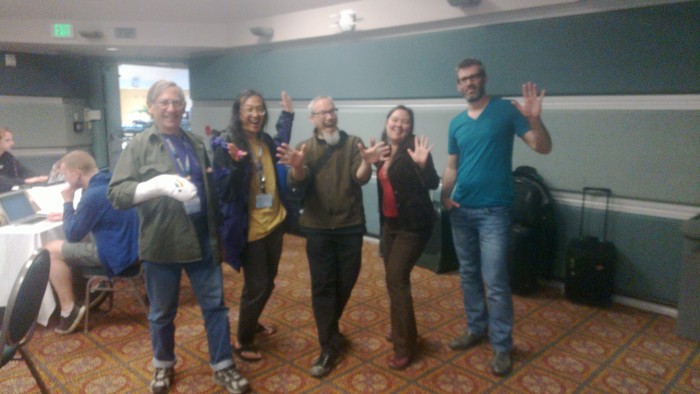
Though out the sprint days mane left and it was time for me to say good
bye to everyone. Toshio dropped me to Lawrence caltrain station and I
came back to SFO and stayed back at Yannick's place for the night, I had
my flight back home around noon next day.
I personally found the development sprint days very much useful, we just
sat back and hacked on our favorite projects, many projects got work
done, many new developers joined the teams.
In betwen I was trying to figure out if we can get some hardware
donation to our Bijra project , which got
slowed down due to hardware issues. Mark shannon heard the issue and
donated his Raspberry-Pi and later Harry Percival donated his. Steve
Holden also came up to help and he promised to send a few more devices
to the school. We will still require some more help in finding some
cheap HDMI to VGA adapters.
Personally this trip was very meaningful in many ways, being in the
venue during the event is of course a different experience. If you are a
Python programmer or someone who loves new technologies or someone who
just loves to meet interesting people, come down to PyCon, find the
nearest one in your region. PyCon India
will be happening from August 30 to September 1st in Bangalore this
year. Hope to meet many of you again there and in future PyCon(s).
This
is set of portraits from the event, please help me to tag the people
properly with names in the comments.
I also thank Red Hat and Fedora
Project for making trip possible.
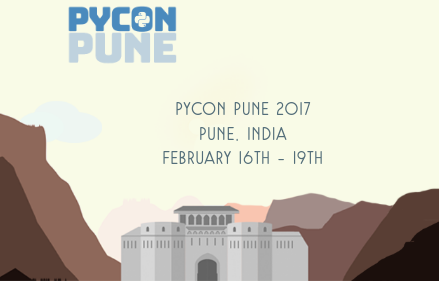
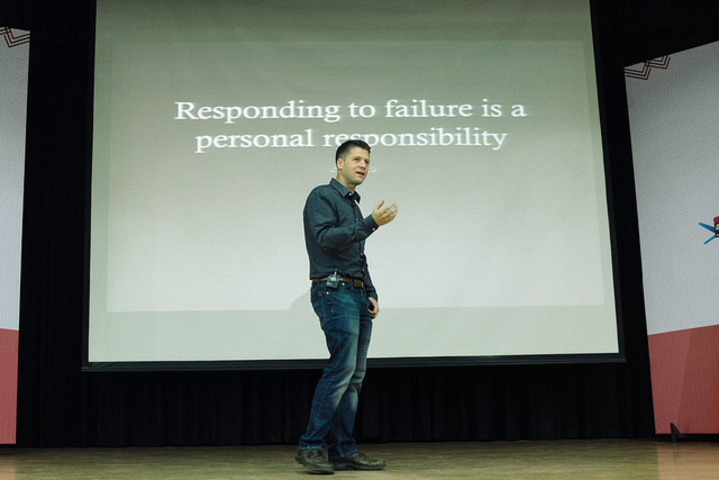
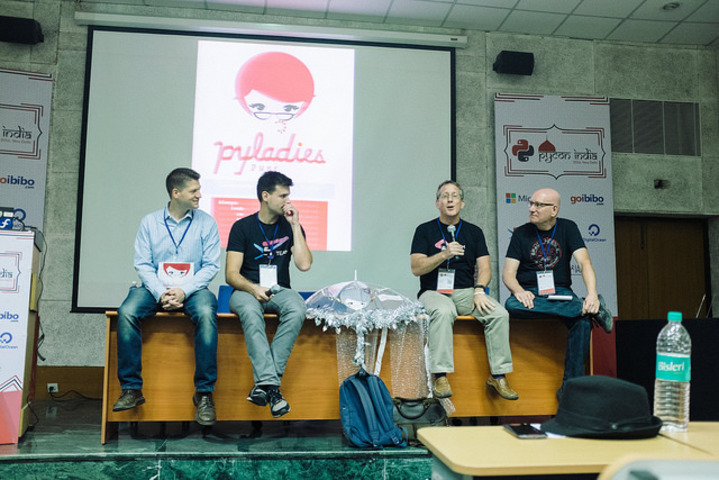
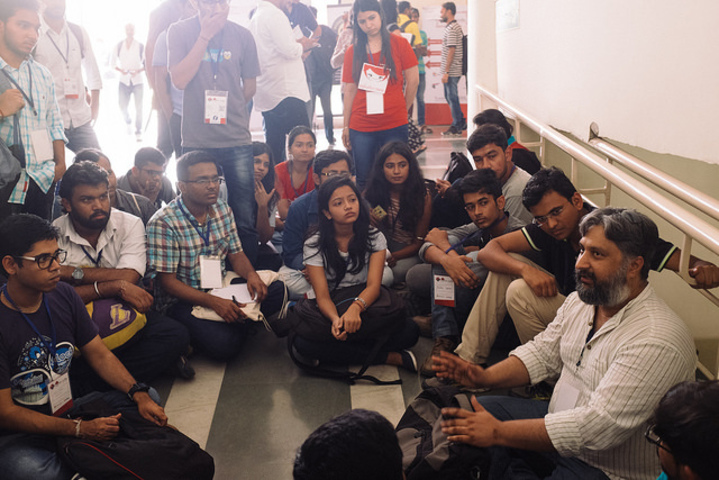
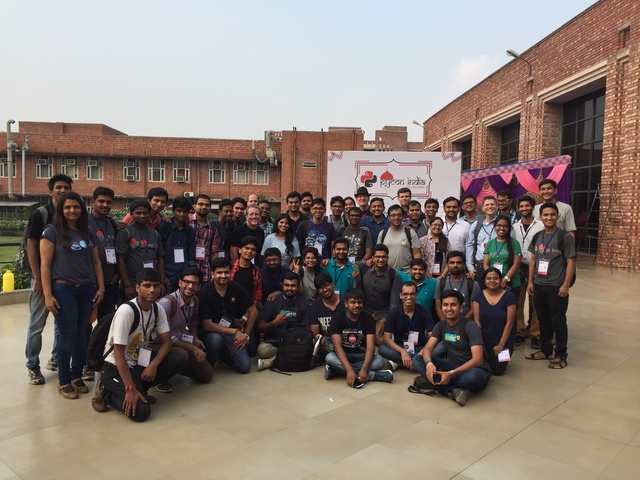
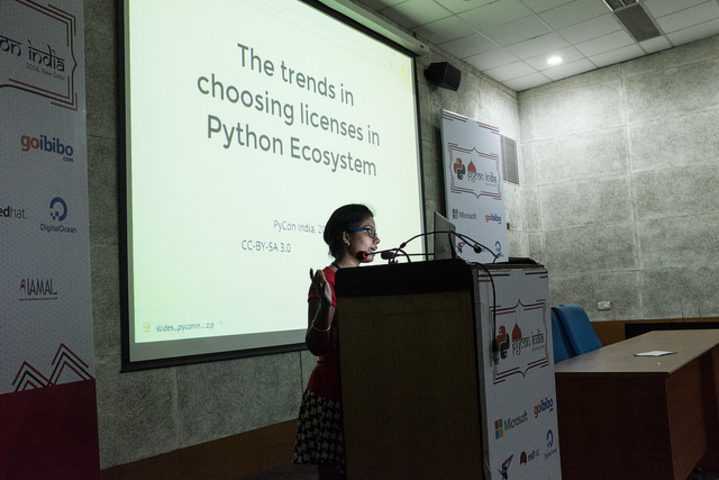
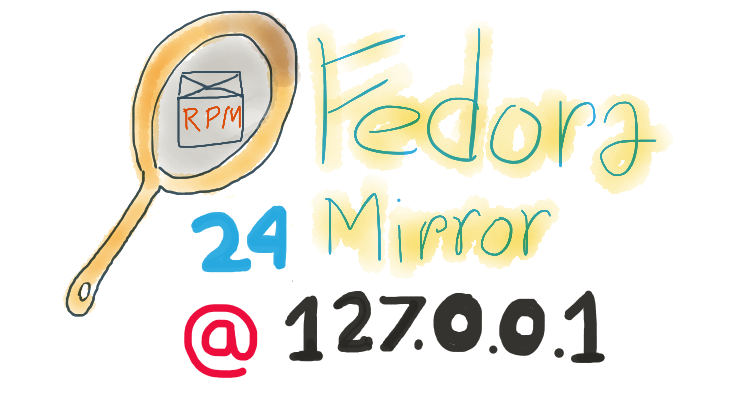
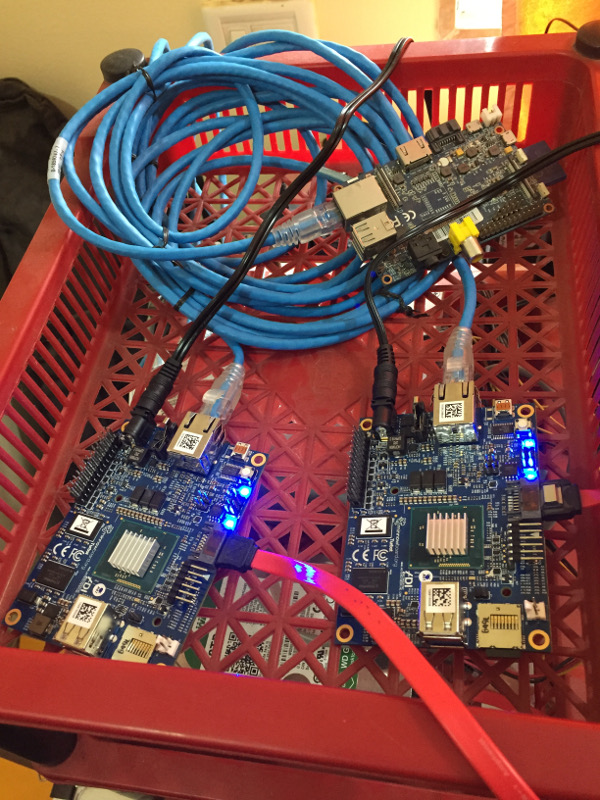
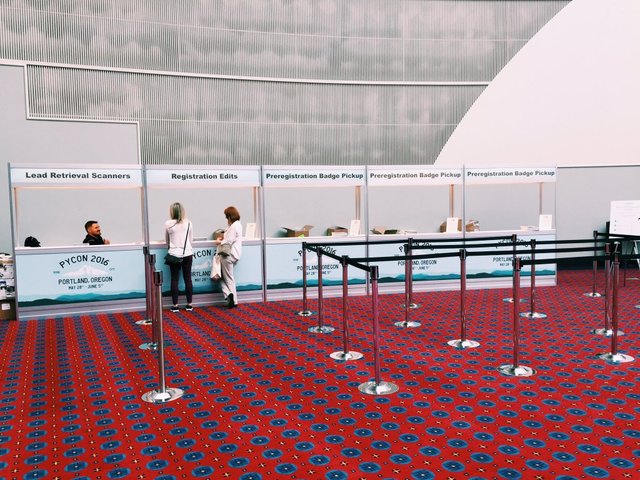
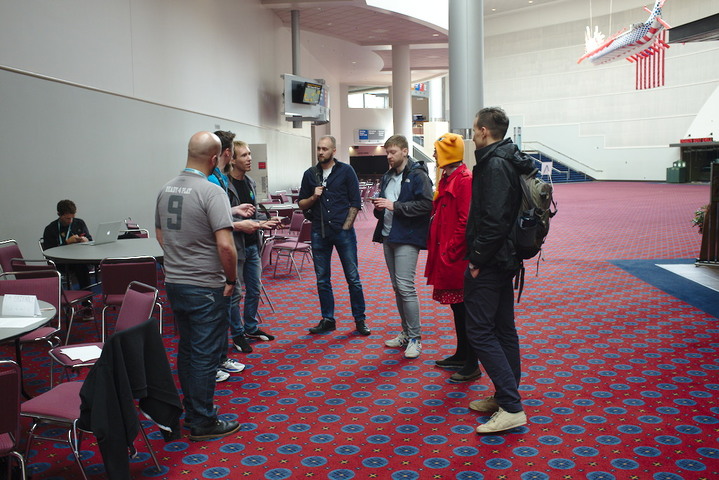

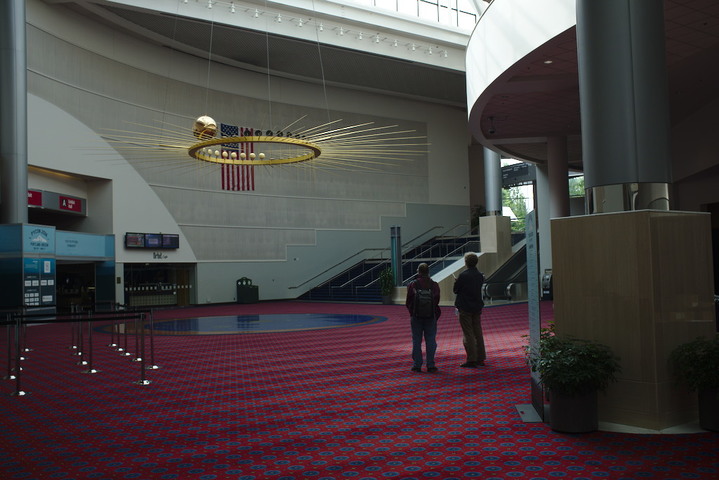
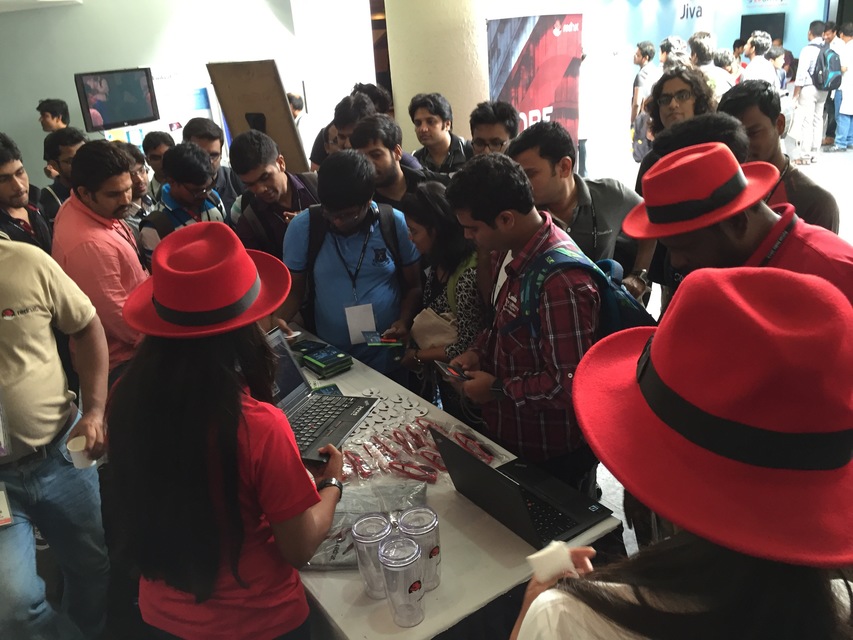
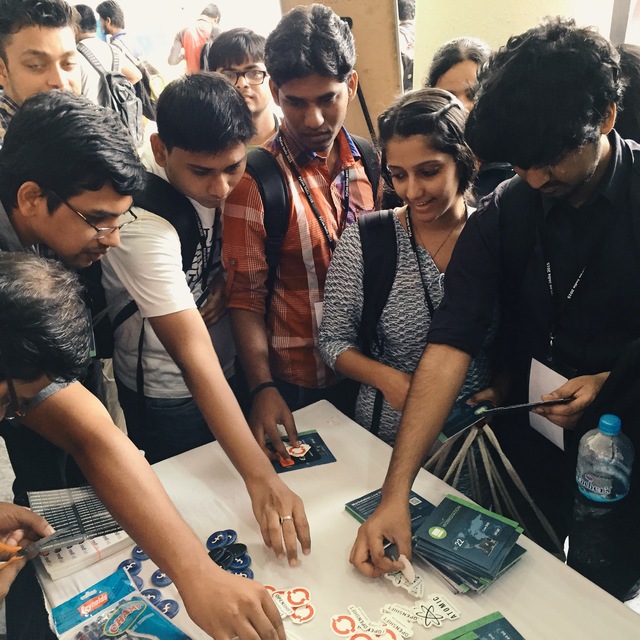
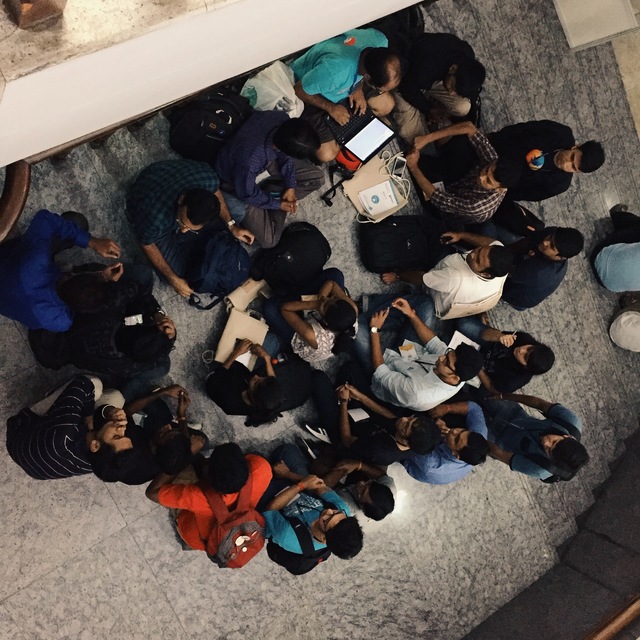
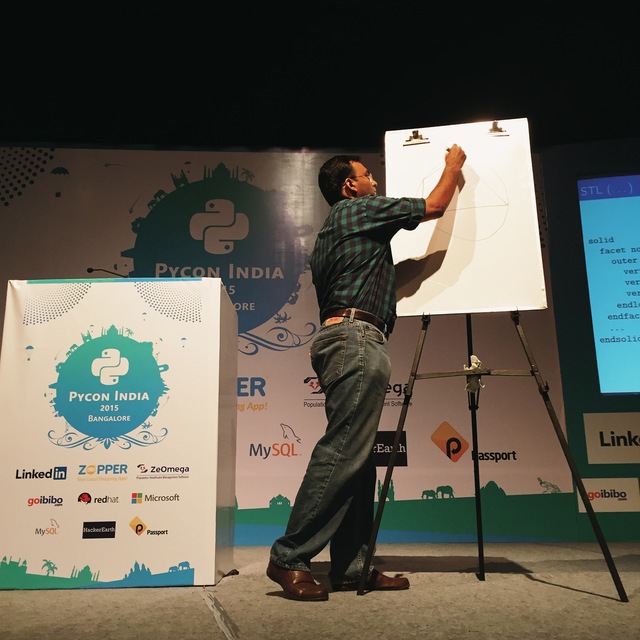
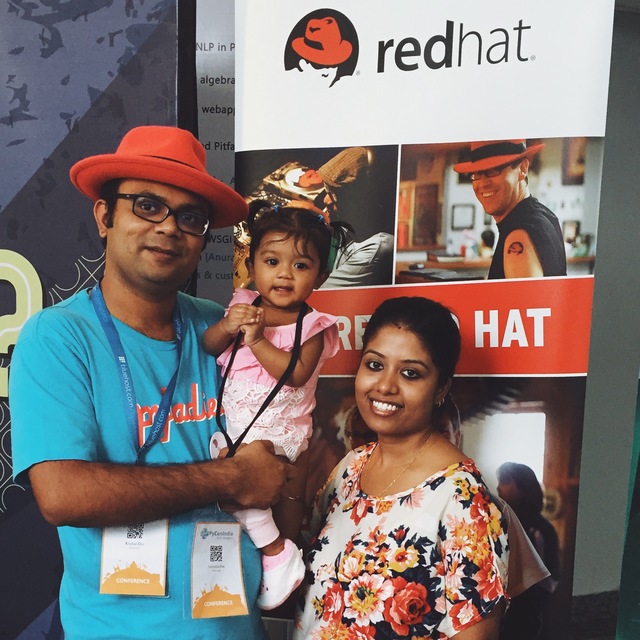
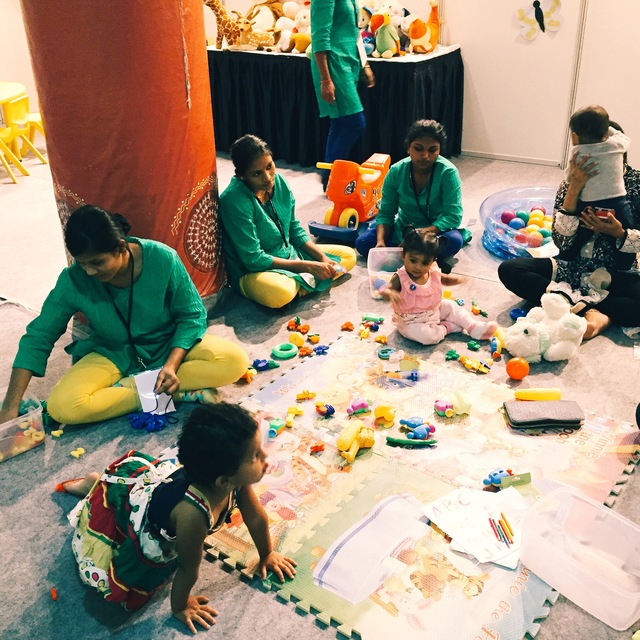
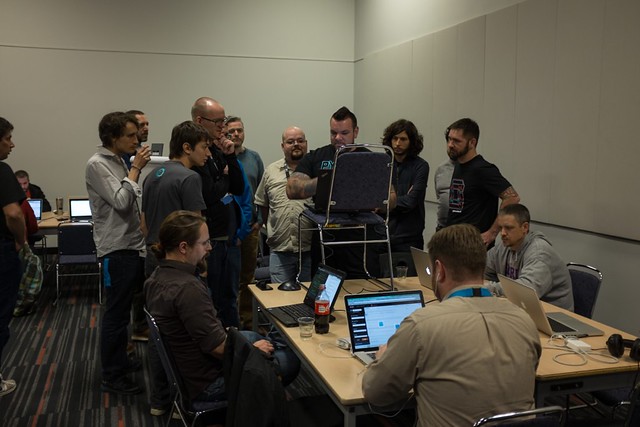
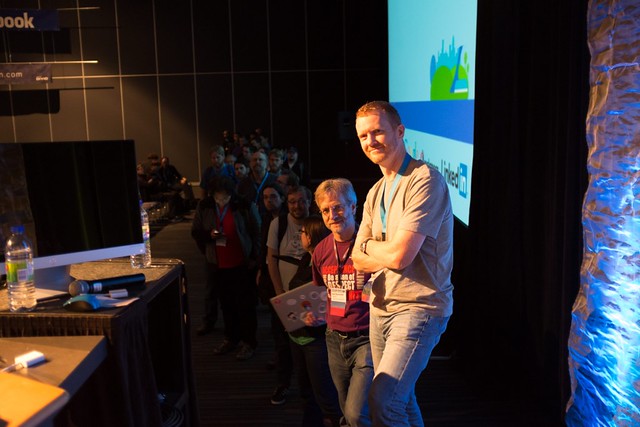

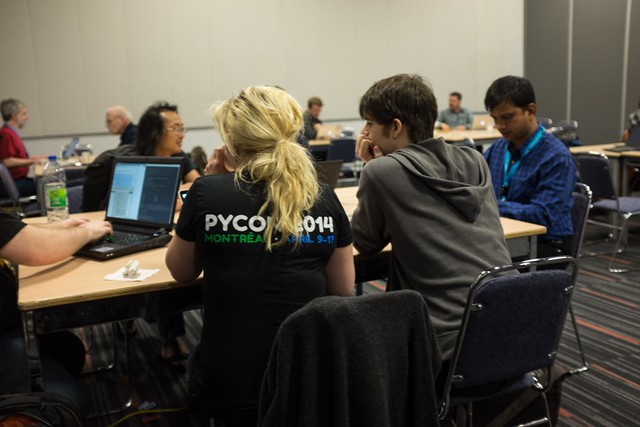
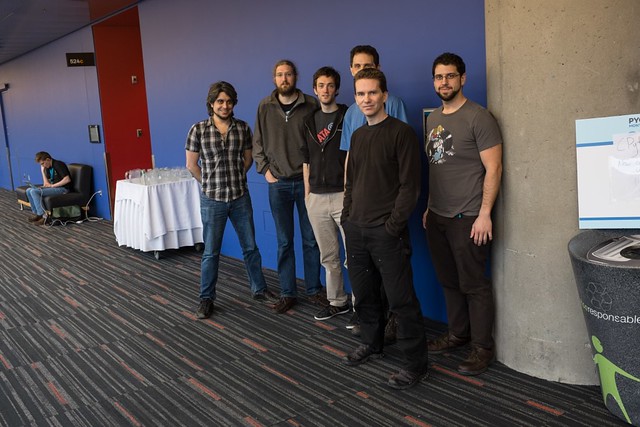
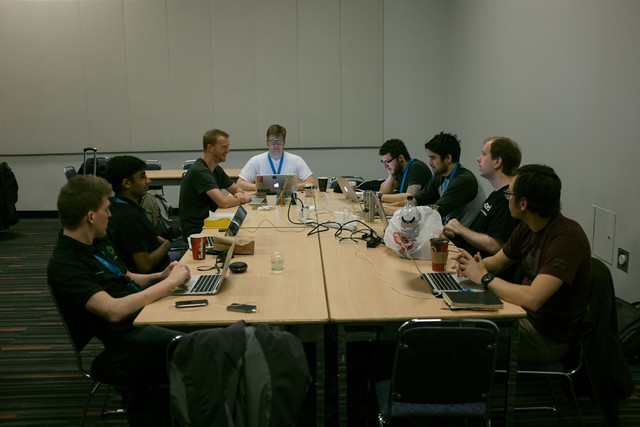
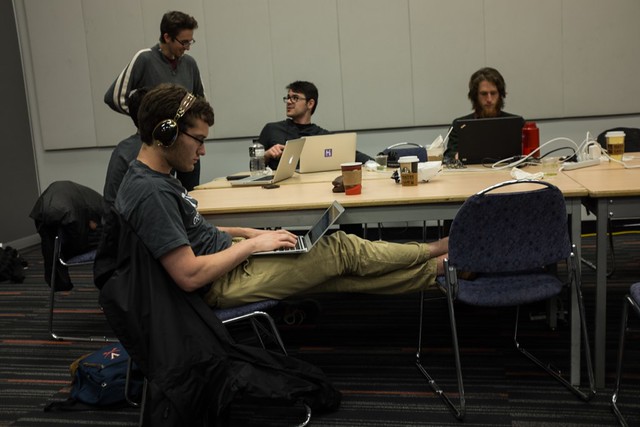
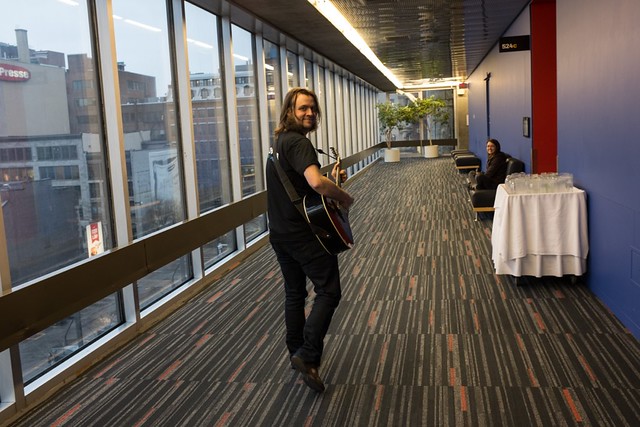
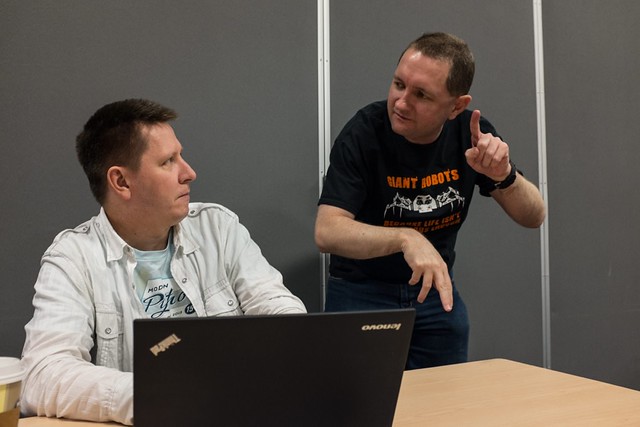
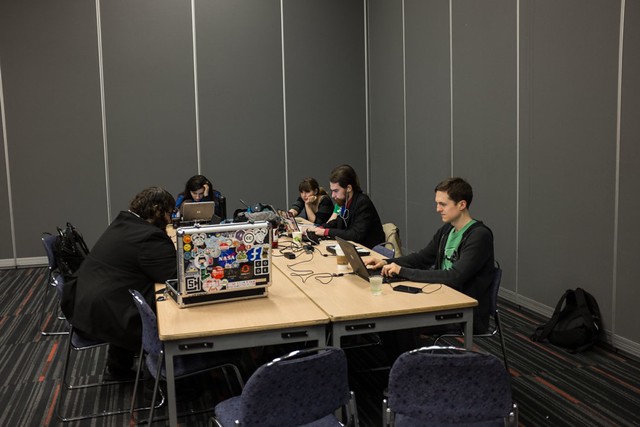

























 Day 9 (last day)
Day 9 (last day)